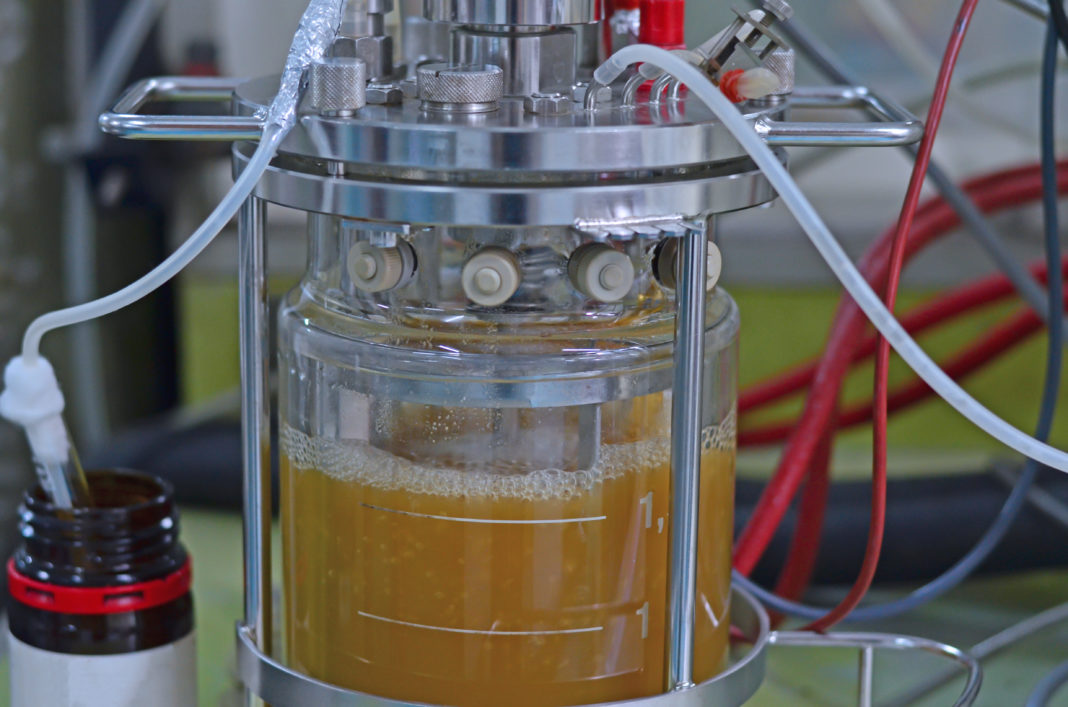With a strong legacy of science and engineering innovation, and with the, the University of Delaware (UD) is a destination for biomanufacturing, the use of biological organisms in production.
Mark Blenner, PhD, is joining UD’s ranks in January. Blenner hails from Clemson University, where he is McQueen-Quattlebaum associate professor of Chemical and Biomolecular Engineering, and a visiting scientist at NASA Ames Research Center. He was recently recognized with the Presidential Early Career Award for Scientists and Engineers (PECASE), the South Carolina Governor’s Young Scientist Award for Excellence in Scientific Research and a DARPA Young Faculty Award.

The Agile BioFoundry consortium helps researchers at various universities and companies tap into the expertise at national laboratories. Blenner will work with collaborators at Washington University in St. Louis, Lawrence Berkeley National Lab and Pacific Northwest National Lab.
When yeast fermentation is used at an industrial scale, multiple challenges come into play, one being the loss of productivity– the cells begin to make less product as the process scales, explains Blenner. One reason this happens is genetic instability, and through the new grant, Blenner will explore root causes of this genetic instability that arise from strain engineering, the process of designing efficient strains of yeast.
“We hope that by better understanding how genetic instability arises we can develop new strain engineering strategies less prone to productivity loss,” he continues. “That would greatly speed and de-risk bioprocess development.”
In this project, Blenner is using a strain of yeast engineered to make beta-carotene, an important vitamin and nutraceutical.
“While we are studying this particular beta-carotene producer, we hope to understand fundamental influences on strain stability that could help other yeast fermentation scale up,” he notes.
His group has focused on fatty acid and oleochemicals and more recently on higher-value products, such as pharmaceutical intermediates and industrial enzymes.


